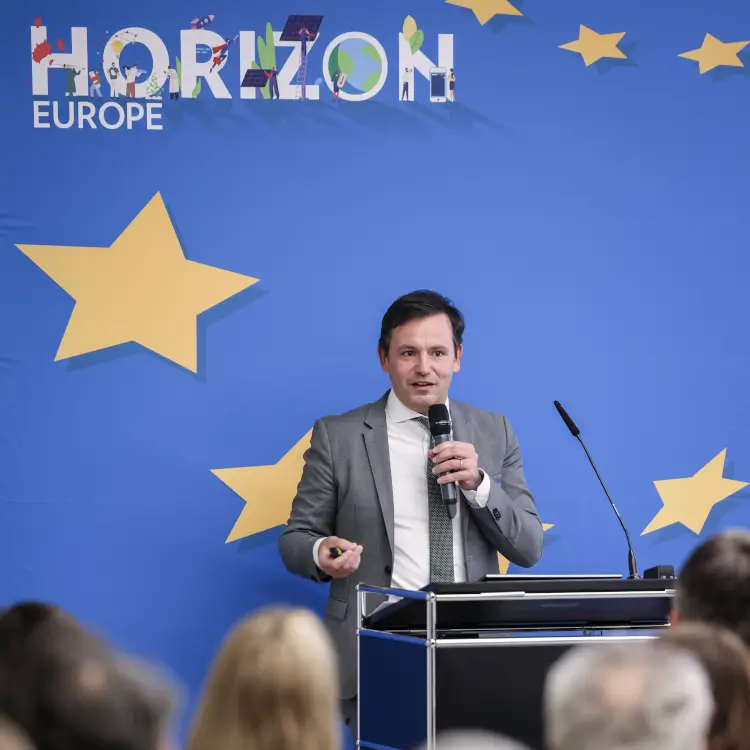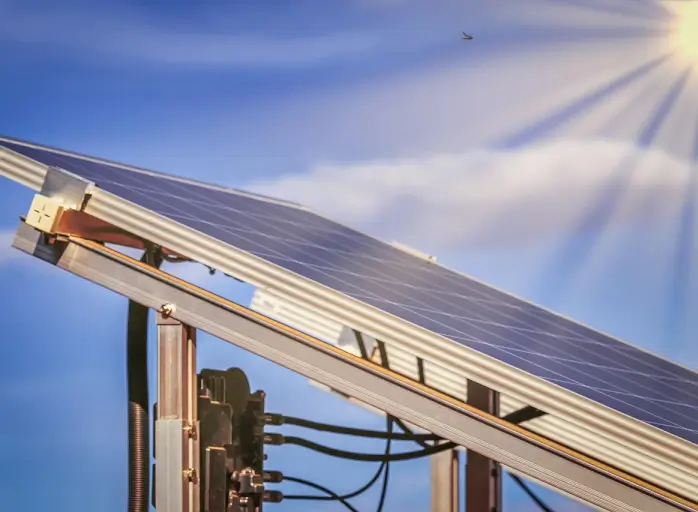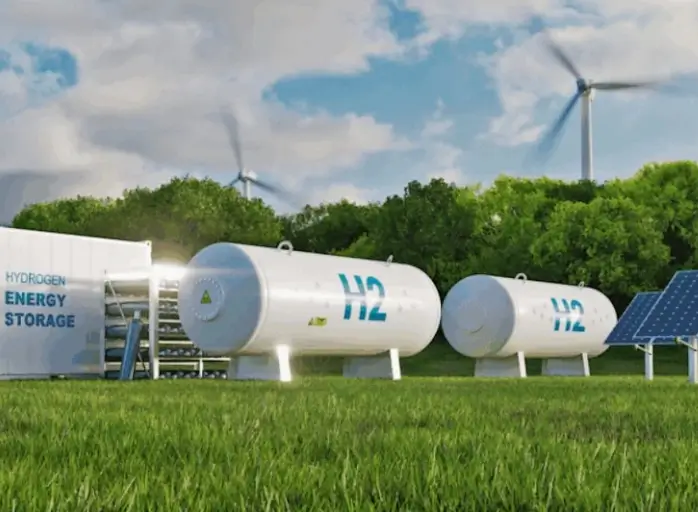

€178.59 million in Horizon Europe grants awarded to Luxembourg applicants
Applicants secured €178.59 million in funding by July 2024.
 Abigail Okorodus
Abigail Okorodus
Horizon Europe (HE) is the European Union’s (EU) flagship programme for research and innovation, supporting projects all the way from the concept formation to market uptake. Covering the 2021-2027 period, it has a total budget of €95.5 billion. The European Commission recently unveiled a factsheet on Horizon Europe Implementation from 2021 to 2023. During this period, 45% of the budget was committed and 23% of the payments were made.
Overall, 10,674 grants were signed, totalling €30.8 billion in EU contributions. Higher education establishments secured €10.5 billion, private for-profit entities €8.9 billion, and research organisations €8.2 billion. One-fifth of the total EU funding went to 7,474 small and medium-sized enterprises.
Proposal success rates improved to 16%, up from 12% in Horizon 2020. 10,425 new recipients were awarded €4.4 billion, with €0.8 billion sourced from the EIC Fund. In addition, women now constitute 37% of researchers (51,204) in projects and 45% of those benefiting from upskilling activities.
€26.24 million awarded to Luxembourg SMEs
The mid-term review shows that Luxembourg applicants are quite successful across the different pillars of the programme. The total amount of grants received was €178.59 million at the end of July 2024. The private sector emerged as the leading recipient, accounting for 54% (€96,67 million) of the allocated funds, with small and medium-sized enterprises (SMEs) receiving €26,24 million. Research centres received 25%, and the higher education sector, represented by the University of Luxembourg, 15%.
Proposal success rate increases to almost 23% in 2024
Luxembourg has shown a consistent increase in proposal success rates in the 2021-2023 period, rising from 17.61% in 2021 to 20.93% in 2023, and reaching nearly 23% in the first half of 2024.
Out of the 1,559 proposals from Luxembourg, 306 were successful. This means on average a proposal success rate of 19.63%, well above the global success rate. In total, there were 378 successful participants from Luxembourg out of 1,879 who contributed to proposals. Luxembourg also shows one of the highest numbers of applications per scientist and engineers.
Horizon Europe pillars contributing to funding
Looking at the pillars of HE, most funding comes from Pillar 2 - Global challenges (which also has the highest budget). Research and innovation activities under this pillar are organised under six clusters.
The predominant sectors in Luxembourg contributing to funding are the digital, industry, and space cluster, followed by the climate, energy, and mobility cluster and the health cluster, respectively.
Among the successful initiatives, one example is the AMUSENS project, coordinated by LIST and involving 10 partners. Its objective is to develop an adaptable gas sensor platform and a new manufacturing method. It combines on-demand material selection and additive manufacturing for small-scale, dedicated sensor production.
The HealthyW8 project coordinated by the Luxembourg Insititute of Health, aims to enhance obesity prevention in Europe by developing a digital healthy lifestyle recommendation system that personalises interventions. The project involves 24 prestigious European institutions, with 3 participants from Luxembourg, and uses transdisciplinary research to boost the impact of obesity prevention initiatives and policies.
Luxembourg also has a good track record with the European Innovation Council, which focuses on deep tech and high-risk research. The country was awarded 10 projects in the EIC Pathfinder, supporting collaborative ambitious research. Additionally, two Luxembourg start-ups - Arspectra and Circu Li-ion – have been awarded with the prestigious EIC Accelerator funding, which helps start-ups scale up to new markets.
“As we look ahead, our ecosystem is working diligently to achieve continued success until the end of the current Horizon Europe period in 2027 and beyond. The EU funding team at Luxinnovation supports and guides prospective applicants every step of the way,” concludes Francesca Borrelli, Senior Advisor European Funding at Luxinnovation.







